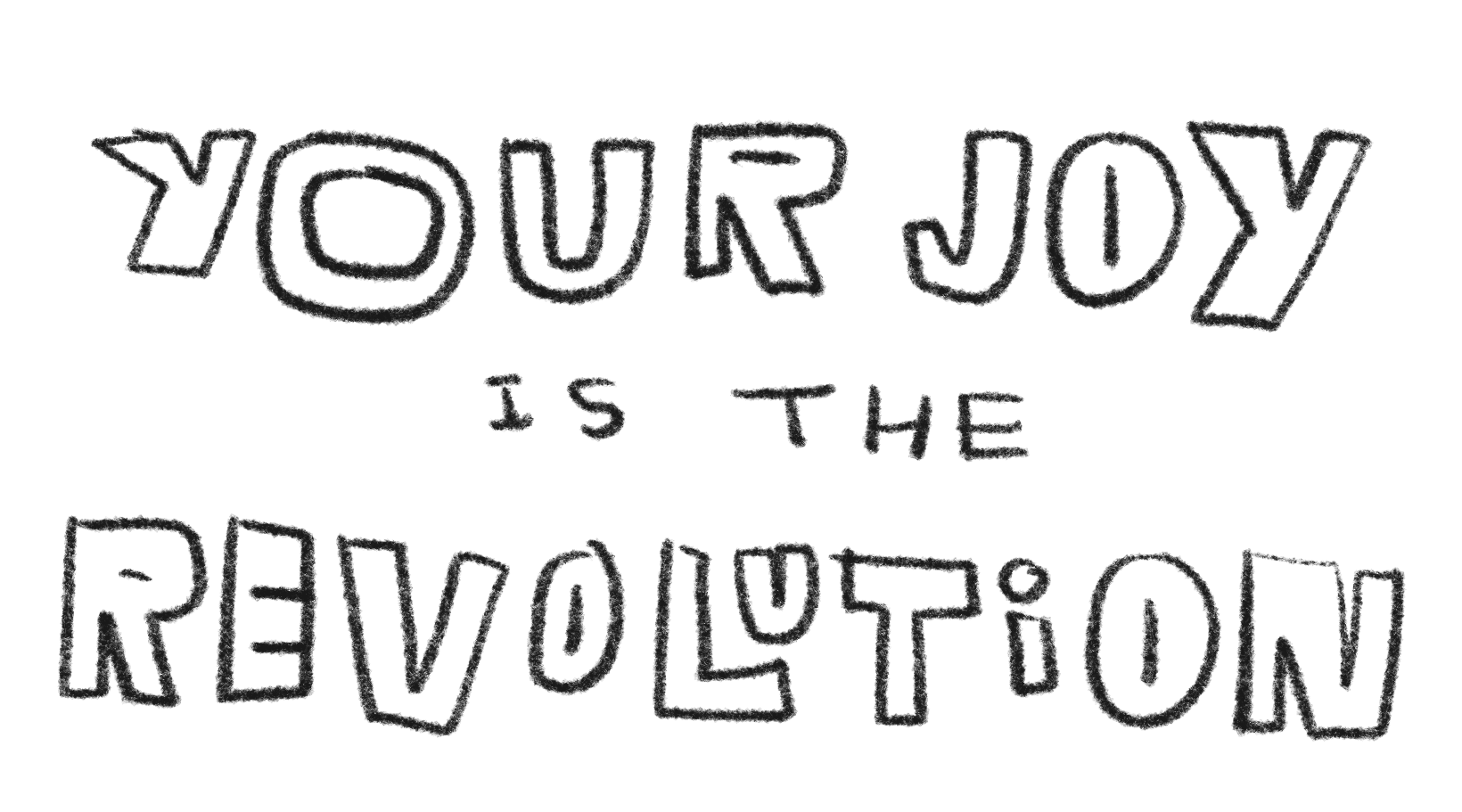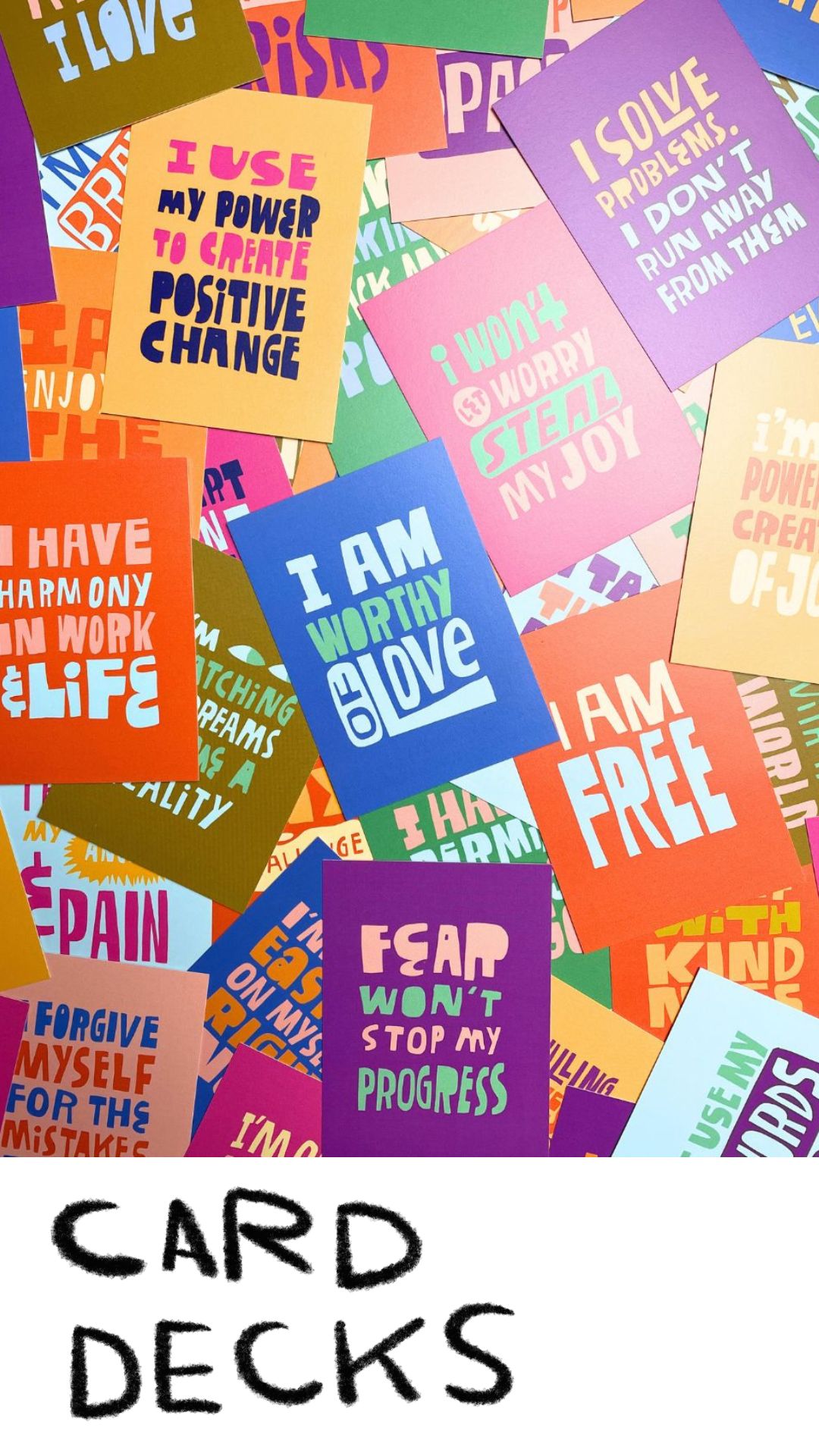


2026 dates are in the works.
If you’re interested in hosting or collaborating, reach out at hello@socurious.co.


About the Founder
Justin Shiels quit a toxic corporate job, promptly had a nervous breakdown, and then started So Curious to see what might happen if joy was taken seriously.




